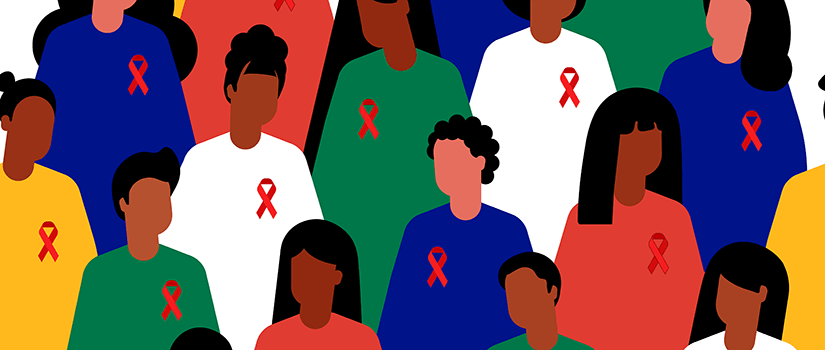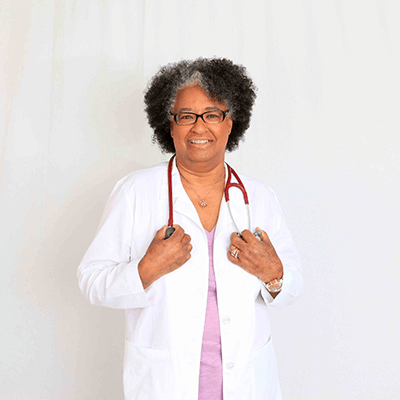Every year, December 1 marks World AIDS Day, a time to unite in the fight against HIV/AIDS, honor lives lost, educate communities, and combat the stigma surrounding the disease. For Tonda Jackson (BSN ‘86), this mission is part of her everyday work. As a Family Nurse Practitioner with the AIDS Healthcare Foundation (AHF), a global nonprofit delivering high-quality HIV care and services, Jackson embodies the spirit of this day year-round.
Why it matters
The global impact of HIV/AIDS remains significant. In 2023, an estimated 630,000 people died from AIDS-related illnesses worldwide. Closer to home, the CDC reported 710 new HIV infections in South Carolina in 2020. Jackson is determined to change that—one patient at a time.
With over 25 years of experience in HIV nursing, Jackson recalls the challenges she faced early in her career. When she began working at an HIV clinic in Savannah, GA, in 1997, treatment options were limited. Her role focused on palliative care, ensuring patients could pass peacefully. Education was a crucial aspect of her work, as misinformation about HIV was common. “Friends and family [of HIV patients] were afraid,” she recalls. “They thought, ‘I’m going to get HIV if I stand or sit next to you.’”
Empowering advancement
Thankfully, the landscape has changed dramatically. Advances in treatment and medication have significantly reduced HIV/AIDS-related deaths, allowing patients to live longer, healthier lives. Today, Jackson serves as both the sole provider and the administrative medical director at AHF. Her responsibilities span patient care, administrative duties, and managing federally funded grants that support routine screening for underinsured patients. This work is vital in a state where 16% of individuals with HIV are unaware of their status, according to the CDC.
Through AHF’s mobile unit, Jackson brings care to underserved communities, offering free HIV testing and treatment to those facing health disparities. The mobile unit also visits non-traditional settings to ensure accessible services for those who need them most.
The way forward
Jackson’s approach to care is deeply rooted in empathy and education. Reflecting on her nursing training, she says, “Nurses are taught to look at the whole person. A person isn’t their illness—they are human.” Her ability to communicate complex medical information in simple, relatable terms has earned her the trust of her patients.
For Jackson, nursing is more than a career—it’s her calling. Her guiding principle? “Always, before you do or say something, think about how you would want your family member to be treated.”

